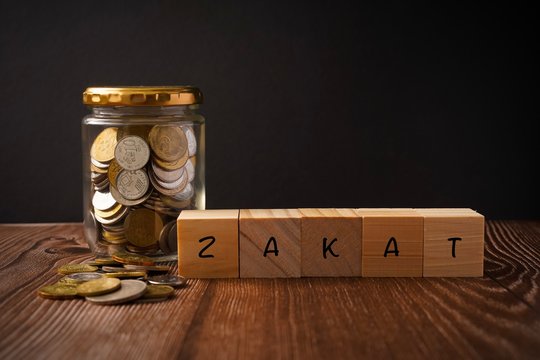
By Al-Qalam Correspondent
Moulana Ebrahim Mokgabudi, based in Johannesburg, was recently hosted in Durban by the Islamic Forum for a series of events centred on his book ‘The Institution of Zakah as a Developmental Tool: A South African Context’.
Moulana Mokgabudi is an Aalim, holds an Honours degree from the University of Johannesburg and is a seasoned community development practitioner. His extensive grassroots work in poverty alleviation as well as his own experience of growing up in an impoverished household gives him a unique perspective that attendees benefited greatly from.
Moulana Mokgabudi’s first engagement in Durban was when he delivered a well-received khutbah at the Westville Soofie masjid on 28 June. A community book launch was held thereafter at the SLA Auditorium at Mariam Bee Sultan Centre where Moulana Mokgabudi shared his story and personal motivation for writing the book. The book was deliberately kept succinct and written in a non-academic style to make it accessible to a wide audience. The target audience of the book includes donors, Zakah practitioners and recipients. The discourse has been relatively limited given that Zakah is one of the fundamental five pillars of Islam and Moulana Mokgabudi said he hoped that it would serve as a conversation starter about Zakah distribution in South Africa.
The distinction between short-term relief efforts and longer-term development-focused interventions was explained. His call was to re-envision Zakah not just as a charity but as a powerful tool for eradicating economic disparities and fostering sustainable community development. Emphasis was placed on prioritising projects that have a long-term socio-economic impact so as not to create a cycle of dependency and intergenerational poverty. He explained that harm can inadvertently be caused to recipients when the psychological impact of charitable interventions is not considered. The discussion with attendees from varied backgrounds was robust, with many relating to his concerns about the manner in which Zakah is utilised in South Africa.
Members of Muslim Non-Profit Organisations were invited to a Knowledge Sharing Workshop the next morning. Moulana Mokgabudi facilitated the interactive workshop using case studies as a means to brainstorm best practices in the charitable space. Over ten organisations sent representatives to attend the workshop, and participants used the opportunity to network and share their challenges and ideas. He emphasised that it is essential to understand Zakah recipients’ needs and involve them in the development process. He also focused on the importance of maintaining the dignity of recipients, fostering deep community engagement, and encouraging local leadership to drive development initiatives.
Tazkiyyah Amra, from the Islamic Forum, hailed Moulana Mokgabudi’s engaging presentation: “Moulana critiqued the short-term focus sometimes prevalent among NGOs and donors, which prioritises immediate visibility over long-term impact. He called for a shift towards genuine development strategies that include Zakah recipients in decision-making and aim for sustainable outcomes. Feedback from attendees was overwhelmingly positive, stressing the need for more collaboration among NGOs and a reassessment of how Zakah is administered locally.”











